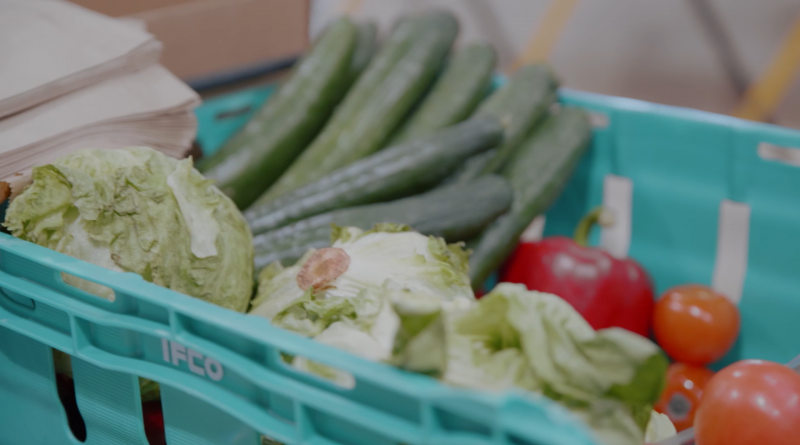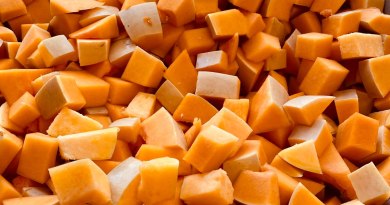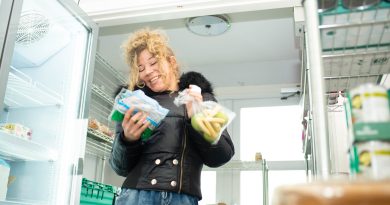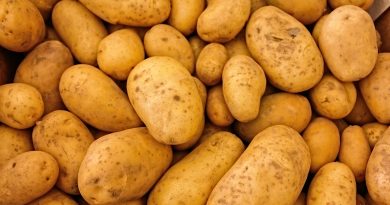Seventy-two weeks of COVID-19
Introduction
460 tonnes of food
I want to take this opportunity to say a HUGE thank you to the whole team at Inn Churches for the extraordinary support and commitment they have given to our charity and to the local community in Bradford. Staff and volunteers have shown incredible determination and dedication. These have been the best of times and the worst of times as our team changed direction to accommodate the new work pattern, ensuring that churches, faith centres, community groups and foodbanks could serve their communities. The collective response to the pandemic is something Bradford can be proud of.
In mid-March 2020, as we were planning to shut down operations in response to lockdown, we were approached by Bradford Council to ask whether we would support Bradford’s COVID-19 response: purchasing and supplying food to local foodbanks. We could never have imagined that we would be providing an ‘emergency’ response for over sixteen months, more than trebling our usual throughput of food.
We forged new partnerships. We collected surplus or unwanted food from cafés, restaurants, supermarkets, wholesalers and other food businesses, as well as purchasing stock from supermarkets. We sorted and redistributed over 460 tonnes of produce to dozens of groups in Bradford. We co-hosted meetings on food security and spoke to the national Feeding Britain Network. We taught valuable cooking skills to adults and children – distanced, outdoors, online or however we could. We took a great many phone calls from vulnerable people who spoke to us of loneliness, isolation, illness and financial difficulties.

As a teacher prior to working at Inn Churches, I joined others campaigning to keep food in the curriculum, as it was in danger of being lost unless it became food technology. What has become really apparent in the past 72 weeks is that food has taken centre stage and cannot be brushed under the COVID carpet.
The link between eating well and mental health cannot be understated, but affordability is a real barrier to healthy eating.
In our Challenge21, run with Bradford Bronte Rotary Club, we invited people to ‘live’ on just £21 for a week. This was what we were being told by our customers that they had left to feed their family after paying household bills. This was a real challenge for the participants, both mentally and physically, but it was only for one week: for many people it’s every week.
We welcome the national food strategy recommendations to:
- escape the junk food cycle and protect the NHS.
- reduce diet-related inequality
- make the best use of our land
- create a long-term shift in our food culture.
This will require bold, coordinated action, with resourcing to back it up, but it is essential in tackling poverty and deprivation, and ensuring that everybody has access to good quality, healthy food.
Our work as an emergency food hub purchasing and distributing food to foodbanks drew to a close at the end of July, but we continue to work to resource a network of food organisations and charities across Bradford, as well as through our own social supermarket and growing network of FoodSavers projects. These combine affordable access to good quality healthy food with easy access to regular saving through Bradford District Credit Union, and are part of our mission to bring practical support to those that need it most.
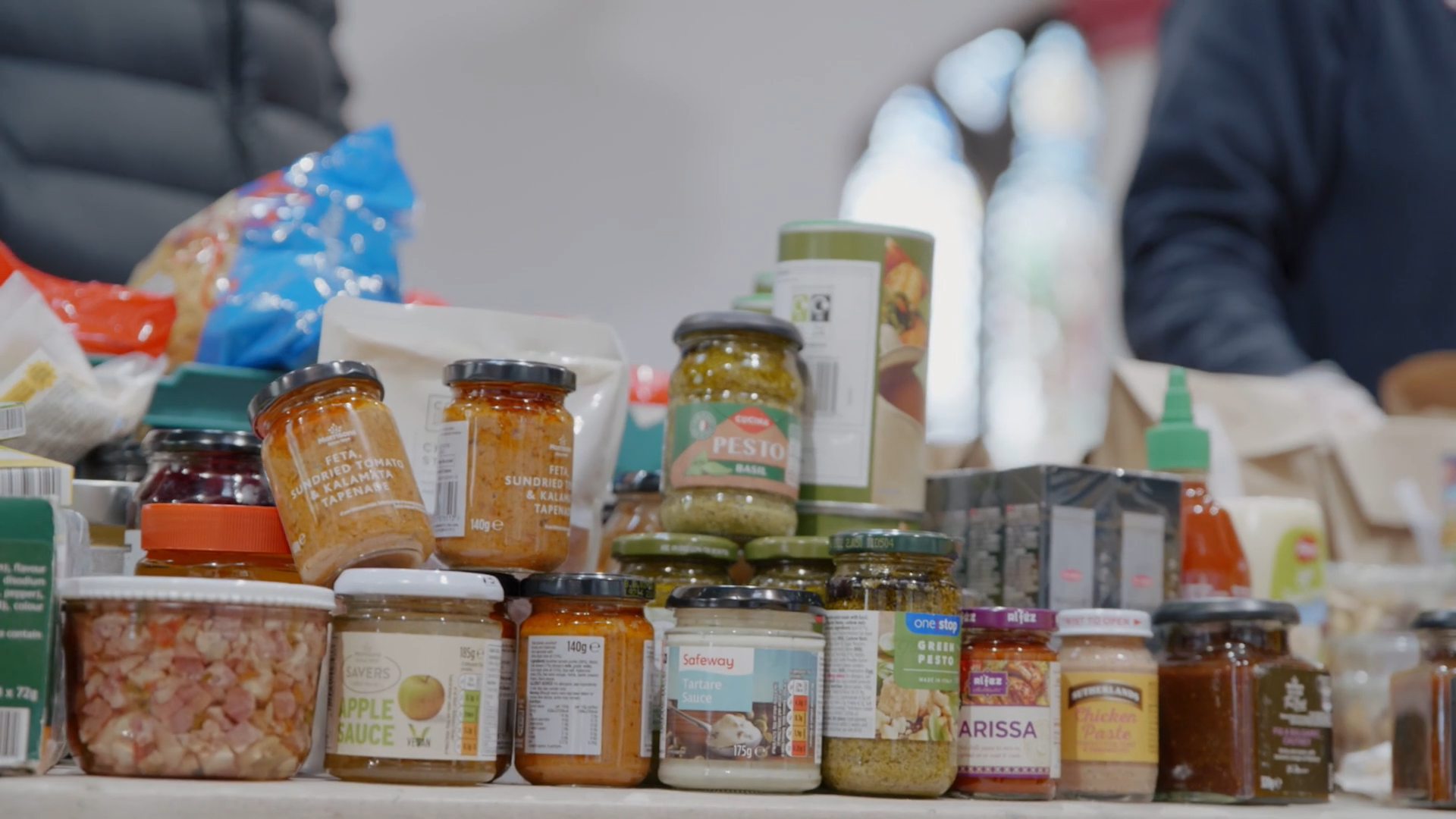
A crisis hits
In early March, as the stark reality of COVID-19 hit, we took stock and anticipated being forced to close as lockdown was imposed.
Our Winter Shelter closed two weeks early and guests were put into B&Bs, supported by the local HOP (Homelessness Outreach Partnership) team.
Then, in mid-March we were approached by Bradford Council to ask whether we would support Bradford’s COVID-19 response: purchasing and supplying food to local foodbanks. So after some careful (and quick) planning and discussions between staff and Trustees, we accepted the challenge and remained open.
Our response
Our evolving support over the next 16 months included:
- liaising with the Council, VCS services, Feeding Bradford and Keighley, and 21 foodbanks to ensure demand for food across the District was met strategically
- purchasing, processing, sorting and delivery stock to 21 foodbanks
- preparing meals and food parcels for homeless guests placed in hotels
- delivering food to NHS workers and other emergency services.
All of this alongside:
- continuing our usual work of intercepting surplus food and distributing it across Bradford
- opening our new social supermarket, providing affordable fresh food
- adapting our cooking education and welfare work to be delivered flexibly
- developing the FoodSavers Network of affordable food outlets (see later)
- joining and co-hosting conversations about how we ensure sustainable food provision post-pandemic.
Stocking up
Alongside Feeding Bradford & Keighley (FBK), Bradford VCS and the Council, we coordinated the purchase and distribution of additional food to foodbanks. Initially FBK collated foodbank orders centrally, but it became apparent for efficiency that we needed to take this on too. FBK continued to monitor food parcel data collection. We also worked closely with the Broadway Food Hub to help them set up and to coordinate supplies.
Initially there were stock issues as panic buying and staff absence had depleted stock availability, and some food lines were impossible to get. In particular, foodbanks reported that although they had funding for food, empty shelves and purchase restrictions meant they were not able to buy enough stock.
DEFRA’s parallel work providing food for shielded groups was invaluable, but meant that a lot of stock was taken by the big companies supplying them, leaving short supply for others. An amazing effort from Fareshare, Morrisons and Feeding Britain, along with our regular partners and existing stock, meant that we were able to support as many projects as possible.
We also received generous responses from the local catering and restaurant industry, to whom we are extremely grateful. This was particularly useful as the initial calculations we were given were based on an average food parcel cost of £15, when in reality foodbanks are distributing parcels of varying sizes, some worth up to £30. Through careful ordering, seeking out keen pricing, and generous donors, we were able to meet demand within the specified budget.
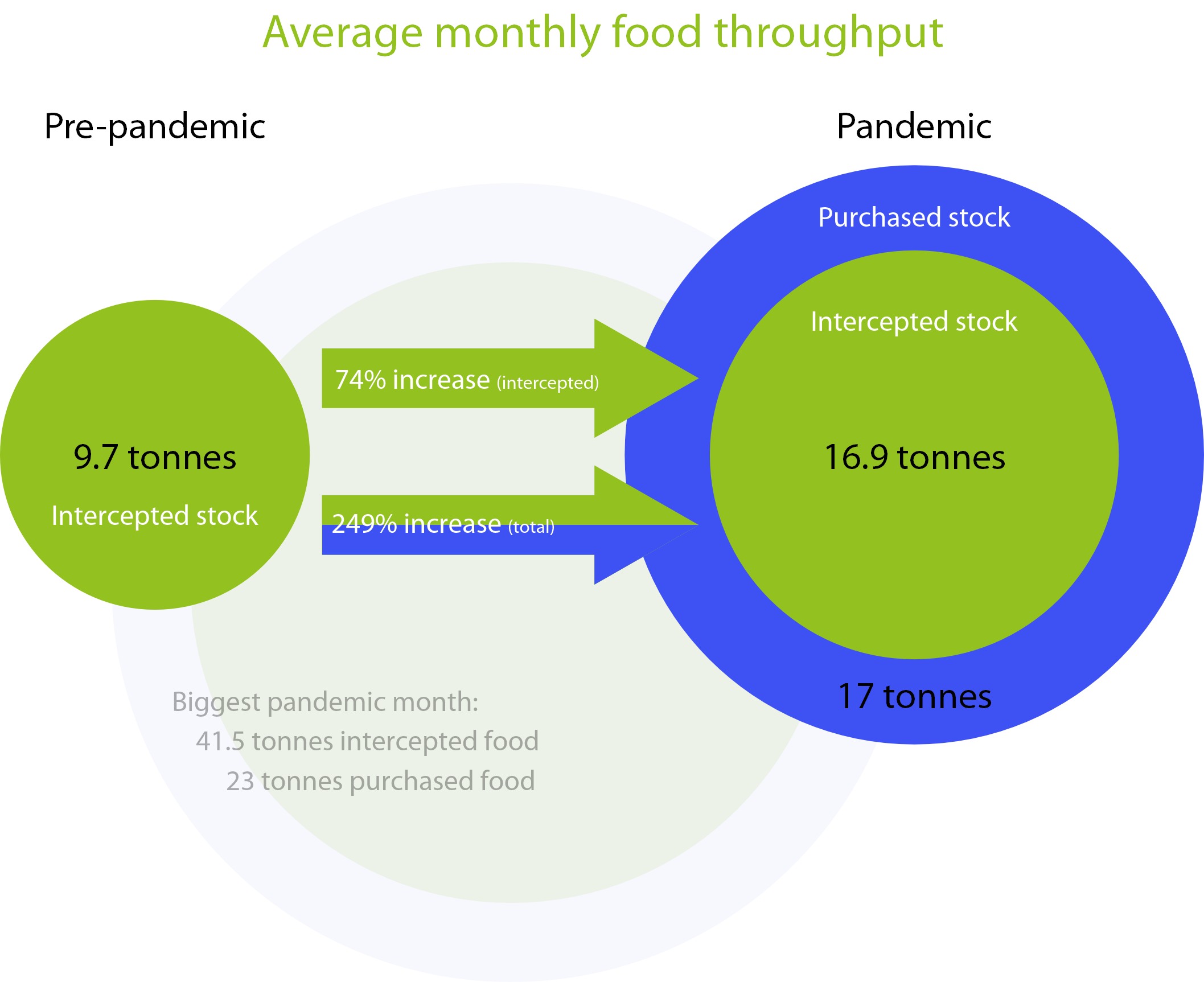
More than distribution
Our cooking team spent the first fourteen weeks of the pandemic cooking and serving freshly-made meals for 60 homeless guests each day on two days each week, plus providing a weekend’s worth of food on Fridays – around 1,550 nutritionally-balanced meals. This was supplemented by fresh sandwiches donated by the Central Production Unit, and other food donated by Feeding Britain and Community Shop. It often took the HOP team two car loads to deliver them. We also supported the Immanuel Project with extra food helping them to supply up to 500 meals a week. This meal provision encouraged homeless guests to stay safely inside, and meant that feeding projects were able to manage their clients and workload.
More than Food
Alongside food, we supported Bradford VCS by delivering support and advice leaflets, PPE and other non-food items, and thousands of activity packs.
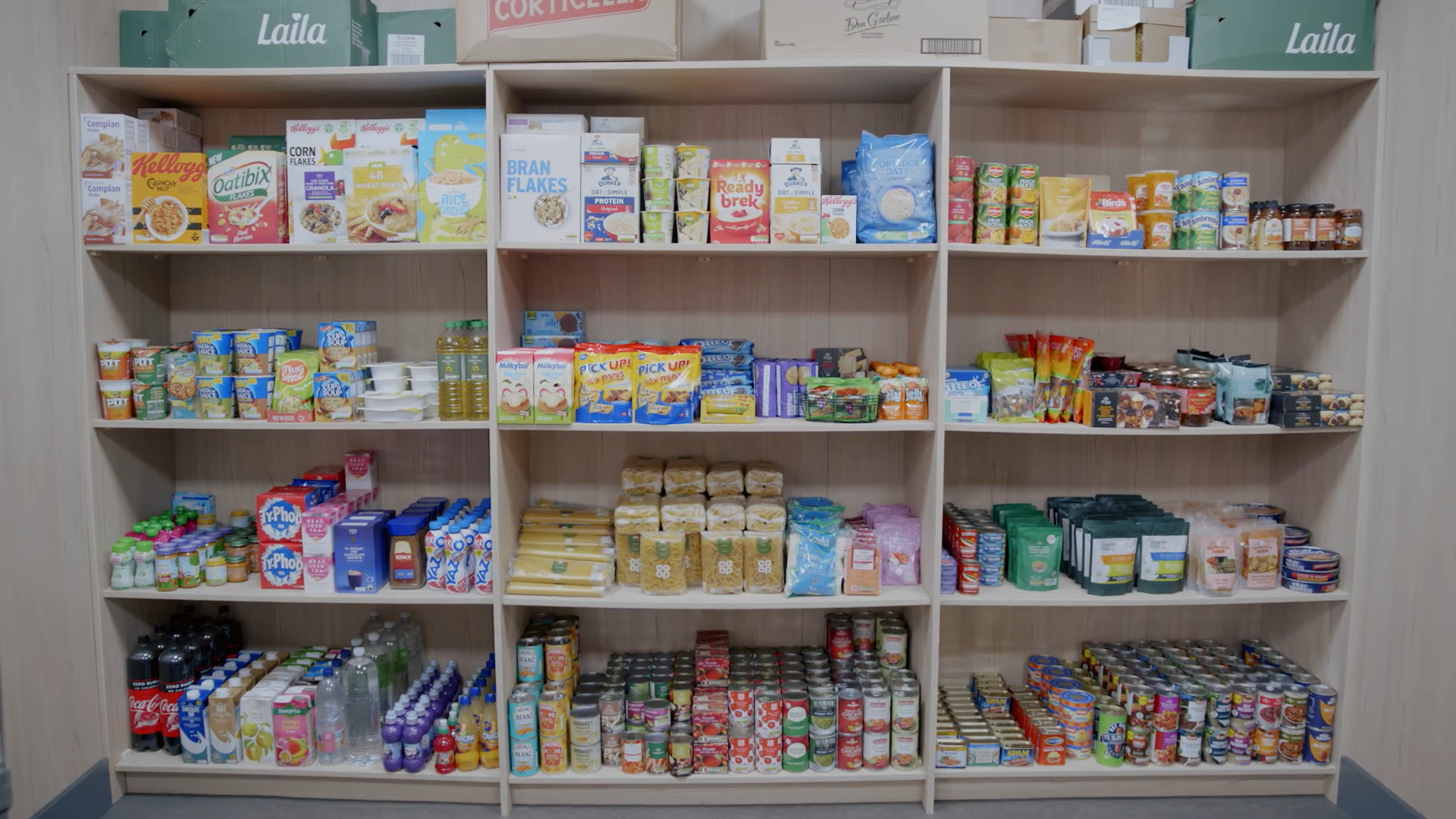
Business as usual?
Although many of the groups we regularly support through our Food Hub suspended their services – at least initially – our team still processed 288 tonnes of donated and intercepted food (completely separate to the food purchased for foodbanks). As groups began to resume services, this food allowed us to support our regular client groups as and when they needed food, including community groups, faith groups, asylum and refugee projects, homeless provision, schools and other organisations.
Our Inn Churches Cooking team had to cancel our Easter 2020 classes, but they were kept busy preparing meals (see earlier), and also found time to create a set of online ‘cook along’ videos for some of the groups and schools they regularly work with. From summer 2020 onwards they joined the Healthy Holidays / Holiday Activity and Food programmes again and ran socially-distanced kids’ cooking classes, initially outdoors, at our new Shaw House venue. These activities continued through the October, Christmas, February half-term, Easter, May, and summer 2021 holidays.
Early in lockdown we provided hundreds of recipe bags, each containing recipes and ingredients for six people, distributed through other local community organisations and schools.
In November 2020 we worked with the My Living Well website to distribute free self-care week recipe parcels, containing the recipe and ingredients for a delicious ‘fakeaway’ curry – all the taste of a takeaway but cheaper, healthier and made at home. These were such a success that we produced a series of different recipe bags, many of them distributed through Bradford Inclusive Disability Service, for people to make at home – from shepherds pie and keema curry to lemon drizzle cake and zesty lemon biscuits.
Whilst we had to suspend our welfare support work at the start of lockdown, we worked with some of our referral agencies to support half a dozen individuals with emergency household items and furniture, and reconfigured our support services to reopen safely at the beginning of August.
Since then they have been operating at increased capacity, with 12% more starter packs being delivered than last year – which was already our busiest year by some margin. We also distributed over £11,500 in small crowd-funded Acts435 donations to individuals to enable them to purchase items such as beds, white goods and other furniture, nearly double the amount in each of the previous two years.
We were sadly not able to operate our Winter Shelter in the winter of 2020/21, but instead focused on supporting homeless guests through access to our social supermarket and other welfare support services.

Shaw House and FoodSavers
Back in 2019 Shaw Moisture Meters offered an empty building for use by a local charity who could use it to benefit the community. We agreed to take it on and began clearing and refurbishing it. Despite the crisis disrupting this work, we successfully transformed the former brewery into a new social supermarket, cookery school and homeless outreach centre which opened in mid-2020. Funding from Feeding Britain and Homeless Link, amongst other sources, allowed us to fit out the supermarket and other areas.
The new venue has played host to our cooking workshops (with thanks to Bradford Markets and Participate Projects for improving our outdoor area so that we could initially run our classes outdoors). Then in November our social supermarket was ready to open. Membership of the supermarket costs £6 per week and allows members to take home a good basket of produce each week, plus other benefits including a Credit Union savings account and access to advice drop-in sessions, discounts and cookery classes. We’re working with a number of referral agencies and individuals can also self-refer.
We have been piloting this affordable food model with some of the other food projects we already work with, launching social supermarkets or pop-up pantries with access to saving schemes, as part of our FoodSavers Network.
The FoodSavers Network aims to reduce dependency on foodbanks and free food provision, by combining sustainable low-cost food markets with easy access to a Credit Union, as part of the wider food support ecosystem. Whilst by no means a complete answer, FoodSavers is intended to be a bandage rather than a sticking plaster. We have six projects already signed up and more in the pipeline.
Food distributed
Finding food in Bradford
To help provide a coordinated approach to getting food to those who need it, we launched the Find food in Bradford website. This site allows those who need food to find their closest foodbank, low-cost market, homeless meal or lockdown food, or to find their nearest location to donate food or volunteer.
The site has been visited over 8,000 times since its launch in mid-November 2020 and is proving a fantastic resource to direct people to their best source of food at the cost they need it (including free food if required).
In conclusion
The role of charities, and the voluntary sector and its volunteers, has never been more vital than in the past year. It has often fallen to the faith sector to lead the way in volunteering and welfare provision and support, and the past 16 months have shown that again in Bradford.
2020 was unprecedented in the number of volunteers turning out to support their communities. It was heartening to see the camaraderie on display as people showed up week in and week out to respond to the challenges faced right across the city.
As a team, I have never been more proud of our Inn Churches family as they steered a new course of action through the global pandemic.
Juli

